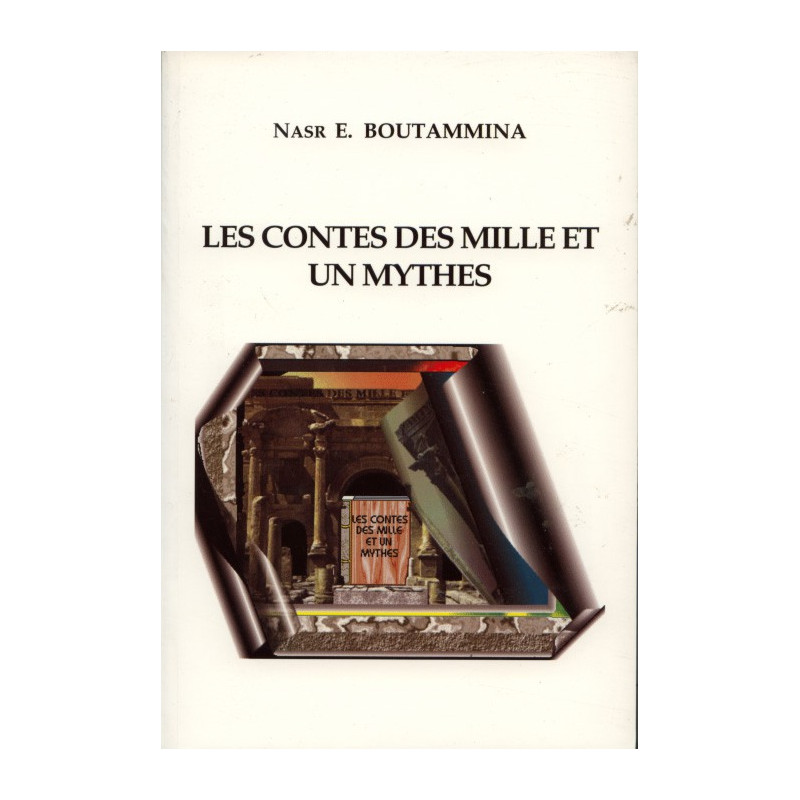

Promotions SANA: Jusqu’à -20%, Cliquez ici
Promotions SANA: Jusqu’à -20%, Cliquez ici
Title:The tales of a thousand and one myths Support:Books Edition:BOUTAMMINA
Title: Tales of a Thousand and One Myths
Author: Nasr e. boutammina
Publisher: BOUTAMINA
Medium: Book
Theme: society & testimonials
Description: Superstition and mythology, archaic foundations of ignorance and obscurantism constitute the beliefs of ancient societies. Soon, they will be absorbed by a new religion which compiles them judiciously under its new banner which it will erect in Rome. It is a universe of beliefs that their authors thought were painstakingly worked out on the substrate of ancient mythology. It was imposed by stealth and flame on innumerable societies. It is ruthlessly protected even when some scrolls discovered in the Dead Sea region testify to its illegitimacy. To this collection of fabulations was also added the invention of Orthodox History which guarantees it and which was embellished for centuries. It experienced its golden age during the Renaissance and the Enlightenment to finally remain a contemporary institution. Since the 10th century, a systematic policy of acquiring and translating Muslim works into Latin versions was promulgated by the highest dignitaries of the Church and Christian monarchs. Thus, for example G. de CREMONE, M. SCOTUS are part of a long tradition of translators which will lead throughout Christendom to shameless plagiarism by all generations of authors who will appropriate the title of scholar. All branches of Muslim knowledge were plagiarized, compiled, commented on, imitated, disguised, to finally be concealed under the surname of the plagiarists: G. GALILEE, L. de VINCI, A. PARE, N. COPERNIC, J. KEPLER, R. DESCARTES, B. PASCAL, I. NEWTON, etc.,… would undoubtedly be unknown or, failing that, their reputation would be dwarfed. The Church (and its secular arms, the kings and princes) very early realized the importance of Muslim culture and the danger it represents for its Orthodoxy, even for its very existence. Acquiring Muslim knowledge in Latin version and disposing of it according to policy was his constant concern. In the 14th century, the writing, printing, sale, reading of books, as well as teaching were under the unconditional control of the Church. This one was activated with frenzy to make Latin and Greek, the corner stone of the teaching of the culture of the infidel. It was the era of Hellenization and the imagination did the rest. Certain authors were created for whom a biography was invented. As a result, mythical characters like Pythagoras, Thales, Archimedes, Hippocrates, etc., ... come to life under the pen of copyists. Be that as it may, the mentality of Christian societies accepted very painfully that the Universe is in fact governed by laws. About ten centuries were necessary for the assimilation of sciences and techniques bequeathed to them by the Muslims. It was
Specific References
No customer reviews for the moment.